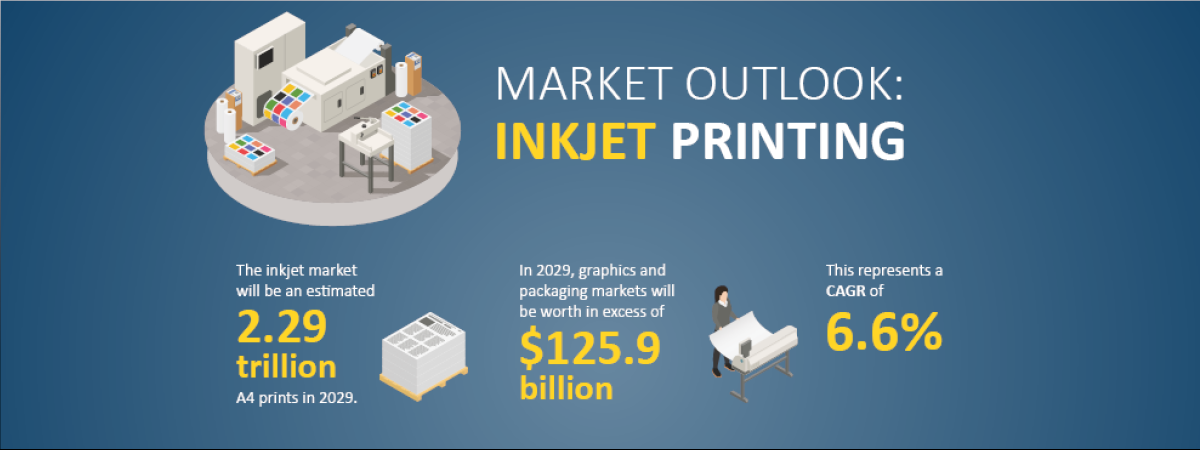1 July 2010
Environmental Noise Directive (END) 2002/49/EC - update
The aim of the END is to define a common approach across the EU to avoiding, preventing or reducing the harmful effects, including annoyance, caused by exposure to environmental noise. Those print companies, with sites close to residential areas and particularly those working night shifts, may be affected by this directive.
The END seeks to limit or reduce individual exposure to environmental noise, in particular in urban areas, recreational zones, or other quiet areas, and in noise-sensitive buildings such as schools and hospitals. The directive defines environmental noise as “unwanted or harmful outdoor sound created by human activities, including noise emitted by means of transport, road traffic, rail traffic, air traffic, and from sites of industrial activity…” to which humans are exposed in the domestic environment (e.g. in and near the home, in public parks, in schools and hospitals, etc). It does not cover noise from domestic activities, noise created by neighbours, noise in the workplace, noise inside means of transport or due to military activities in military areas.
It requires local authorities to:
• inform the public about environmental noise and its effects
• prepare action plans based on the results of the noise mapping exercise to manage and reduce environmental noise where necessary, and preserve environmental noise quality where it is good
• prepare strategic noise maps for:
• large urban areas (referred to as “agglomerations” in the END)
• major transport routes (road and rail)
• major airports as defined in the END
Noise Maps
The initial round of noise maps, which will be taken forward on a five year rolling programme, have been published for 23 urban areas, and Noise Action Plans for these areas were adopted in March 2010.
The areas affected are: Birkenhead, Blackpool, Bournemouth, Brighton, Bristol, Coventry, Hull, Leicester, Liverpool, London, Manchester, Nottingham, Portsmouth, The Potteries, Preston, Reading, Sheffield, Southampton, Southend, Teesside, Tyneside, West Midlands and West Yorkshire.
During the second round (2012–2013) and in subsequent rounds, all agglomerations, major roads, major railways and major airports as defined by the END will be mapped and then action plans will be developed for them.
Environmental noise can be very difficult to control effectively but there are a number of steps that can be taken to reduce or prevent it.
To establish whether there is a potential environmental noise problem that needs controlling, noise emissions should be monitored near the boundary of the site during different operating conditions and at different times of the day.
Establishing a good relationship with neighbours is beneficial to all parties. Advising neighbours in advance of a potentially noisy period can reduce the chance of a complaint and make the business seem more considerate.
Night-time noise should be avoided, or at least kept to a minimum, with as much activity as possible taking place during normal work hours.
 UK to follow global expansion of inkjet printing
UK to follow global expansion of inkjet printing
21 March 2024
The latest expert analysis from Smithers identifies the potential of the latest generation of inkjet systems to improve profitability across the global print market. Read more about the new report The Future of Inkjet Printing to 2029.
 Intergraf Economic News (Paper Prices) - April 2024
Intergraf Economic News (Paper Prices) - April 2024
19 April 2024
Access the latest edition of the Economic Newsletter for the European Printing Industry for data on paper consumption, and pricing data for pulp, paper and recovered paper.

The BPIF is the printing industries champion. By becoming a member you join a diverse and influential community. We help you solve business problems, connect you to new customers and suppliers and make your voice heard in government.
Call 01676 526030









